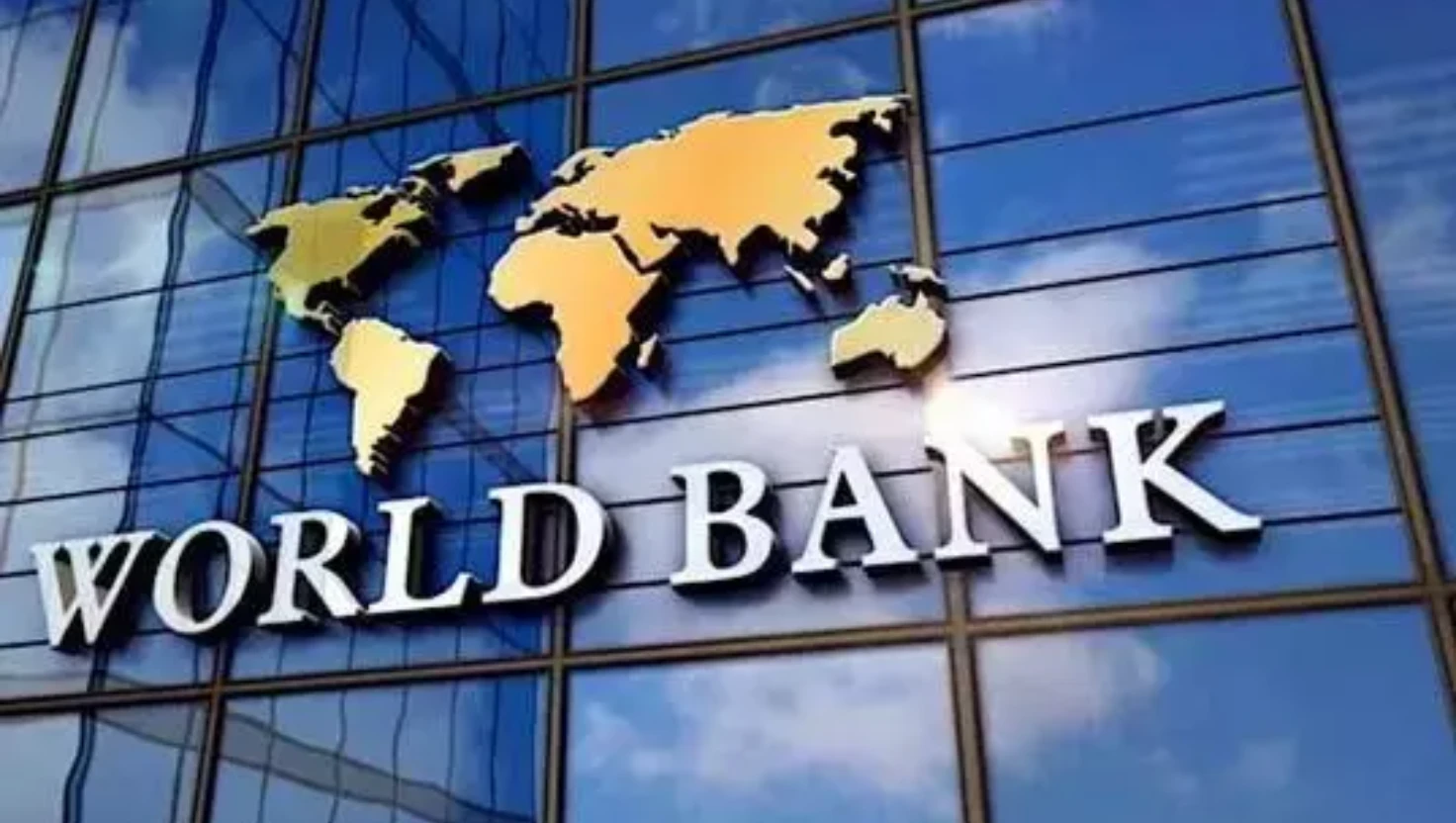World Bank Advocates Health Cess on Tobacco and Sugary Beverages in India

World Bank Advocates Health Cess on Tobacco and Sugary Beverages in India
The World Bank urges India to impose a health cess on tobacco and sugary drinks to curb consumption and boost tax revenue ahead of GST changes.
India’s tax regime for harmful consumer products, such as tobacco and sugar-sweetened beverages, has come under scrutiny from the World Bank. In a recent report, the institution highlighted that current tax rates in India fall considerably short of recommendations set by the World Health Organisation (WHO). This advisory is part of a broader effort to discourage unhealthy consumption habits and increase public revenue.
Consumer Taxes in India
The World Bank’s assessment indicates that the taxation levels for tobacco products and sugary drinks have not changed significantly since 2017. Currently, cigarettes are subject to an approximate 53 per cent tax on their retail price. In contrast, smokeless tobacco incurs a tax of 65 per cent, while bidis, a traditional form of tobacco, are taxed at only 22 per cent. In comparison, the WHO advocates for a tax rate of at least 75 per cent in order to effectively reduce consumption.
International Comparisons
Globally, other nations enforce higher tax rates on similar products. For instance, Brazil typically applies tax rates between 60 and 70 per cent on tobacco. Indonesia follows suit with a range of 50 to 60 per cent, and countries within the European Union average around 67.5 per cent. When it comes to sugar-sweetened beverages, India's current taxation stands at approximately 28.6 per cent, significantly lower than recommended levels.
Transition Towards a Health Cess
The World Bank suggests that India replace the existing Goods and Services Tax (GST) Compensation Cess with a dedicated Health Cess. This new taxation mechanism could be implemented after the GST Compensation Cess expires in March 2026. Introduced in July 2017, the Compensation Cess was designed to compensate states for potential revenue losses during the GST transition.
The impending expiration of this cess raises concerns that without a suitable replacement, harmful products like tobacco and sugary drinks may become more affordable and accessible. This could have detrimental health impacts across the nation. The proposed Health Cess could offer a solution by further discouraging the consumption of tobacco and sugary beverages while also ensuring sustained public revenue.
Dr David Wilson, a senior economist at the World Bank, remarked, "Increased taxes on unhealthy products not only generate revenue but also lead to healthier choices that can benefit public health in the long run." His comments reflect the institution's stance on the necessity of policy reforms to mitigate health risks associated with these products.
Looking Forward
With discussions around health policies gaining traction, the implementation of a Health Cess could represent a critical step for India. It aims to address rising health concerns linked to tobacco use and sugary drink consumption as part of a comprehensive public health strategy.
By aligning tax rates with global standards, India has the opportunity to not only enhance its health outcomes but also strengthen its fiscal standing. As keywords like “tobacco taxation in India” and “sugar-sweetened beverage taxes in India” remain relevant, the recommendations from the World Bank are poised to spark substantial discussions among policymakers, health advocates, and the public at large.

Reliance Retail acquires Kelvinator, The Coolest One
Reliance Retail has purchased the Kelvinator brand from Electrolux for nearly ₹160 crore, aiming to strengthen its position in India's consumer durables market.
| 2025-07-19

Saiyyara has shattered every myth about launching newcomers. No big names, no big PR
Madhur Bhandarkar praises debut film 'Saiyaara' for its raw talent and storytelling, marking a shift in Bollywood's approach to newcomers.
| 2025-07-19

India slams reports blaming pilots for Air India crash
India's AAIB disputes US media assertions regarding Air India AI 171 crash, highlighting ongoing investigation and sensitivity towards victims' families.
| 2025-07-18

India Secures Four-Wicket Win in ODI Series Opener Against England
India achieves a four-wicket victory over England in the ODI series opener, led by Deepti Sharma's unbeaten 62 runs.
| 2025-07-17

Air India inspection claims no problems found with Boeing 787 fuel control switches
Air India has conducted thorough inspections of its Boeing 787 fuel control switches, reporting no problems following a DGCA directive.
| 2025-07-17




